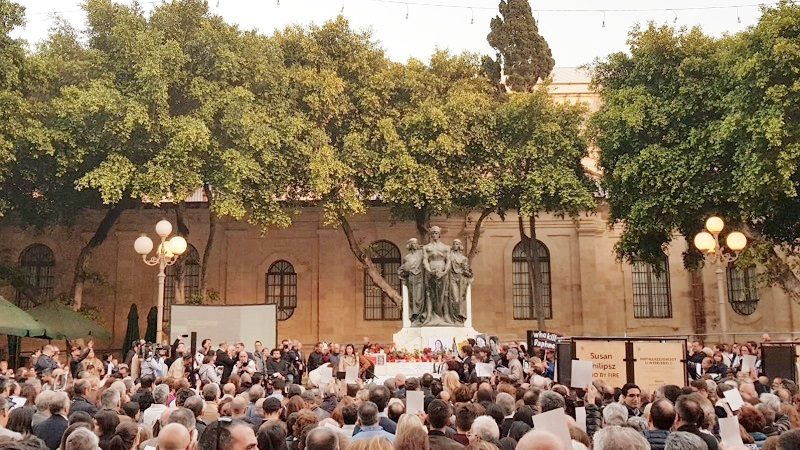Democracy is defined as ‘rule of the people’. Since its birth, there have been multiple tweaks to the basic principle. Notably, representative democracy means that individuals are elected by groups to represent their interests in a legislative assembly, or parliament.
For as long as the representative government has existed, there has been an issue with the under-representation of certain groups. Civil movements have proven effective in fighting for minority rights. The US civil rights movement – a movement with the goal of securing legal rights for African Americans that lasted a decade (1954 – 1968) – is still widely cited today.
Civil society groups are created by individuals to further a cause. Unlike politicians who seek to be elected to parliament, citizens assemble to generate momentum for that cause not their profile.
One major problem with representative democracies is that the representatives tend to detach themselves from the electorate and use their electoral powers for their own personal gain. So accountability is necessary to ensure that politicians’ actions have repercussions.
Political adversaries can carry out this duty, but the public interest can be neglected which is why non-partisan actors who do not seek to get elected can be more effective in scrutinising those in power.
It is the media’s role to act as a watchdog to keep politicians on their feet. This is one of the reason why politically-owned media agencies do not make sense in democracies. Rather than journalism, they are an extension of the political party functioning as its public relations arm. Rather than asking pertinent questions, they aid the Party in pushing its narrative.
The Opposition’s media is not necessarily holding the government accountable; rather it drives that Party’s narrative which does not necessarily reflect the public interest over the Party’s interest in getting elected.
Civil society is free to ask the tougher questions without fear of losing electoral support. Still, Muscat’s online hate machine discourages dissent, targeting citizens and journalists who dare to criticise the government.
Malta’s civil society movement is focused on good governance. The fact that most politicians are turning a blind eye to this issue is all the more cause for concern. But for a non-partisan civil society to mature, politicians must understand that they can never lead it.
Consider, for instance, the US civil rights movement – Martin Luther King Jr, the de facto leader of the cause, did not seek public office. As he put it: “Freedom is never voluntarily given by the oppressor; it must be demanded by the oppressed”. His role as a civic leader was to organise a neglected minority to achieve a goal, not to use the movement to get himself elected.
For citizens to have a voice, they do not need to seek to get elected. The tools for citizens to be heard are available in a democracy. The job of politicians is to ensure civil society’s voice is heard and its demands are taken to the legislative level and enacted into laws that ensure good governance.













